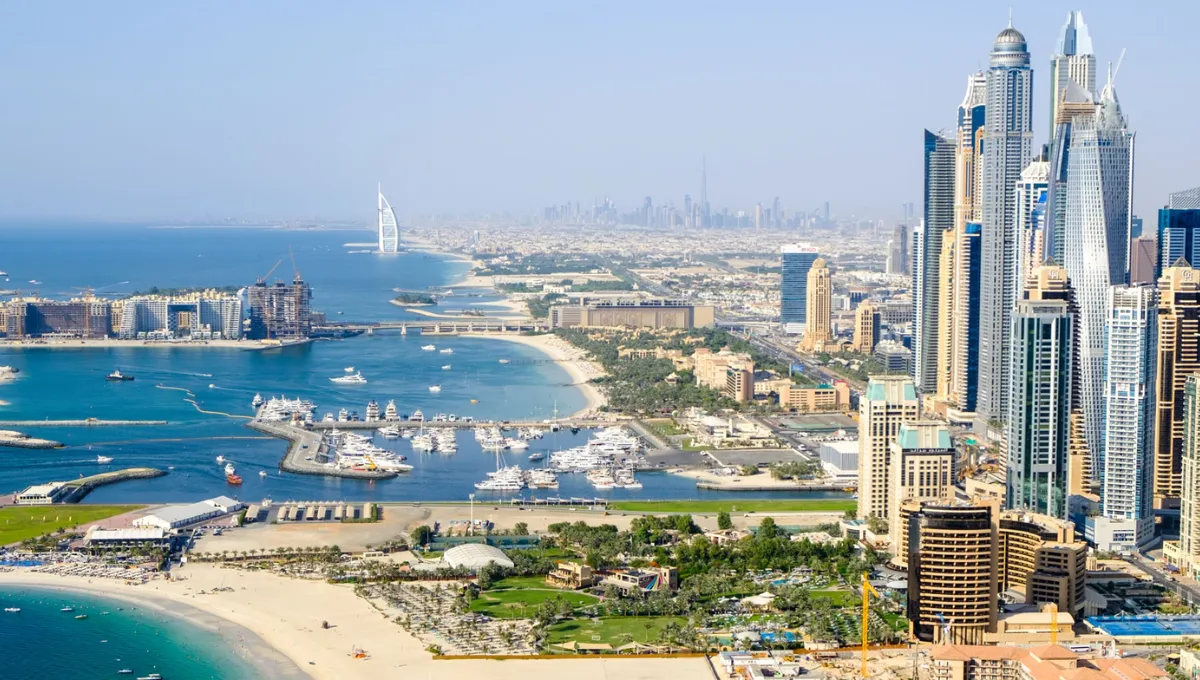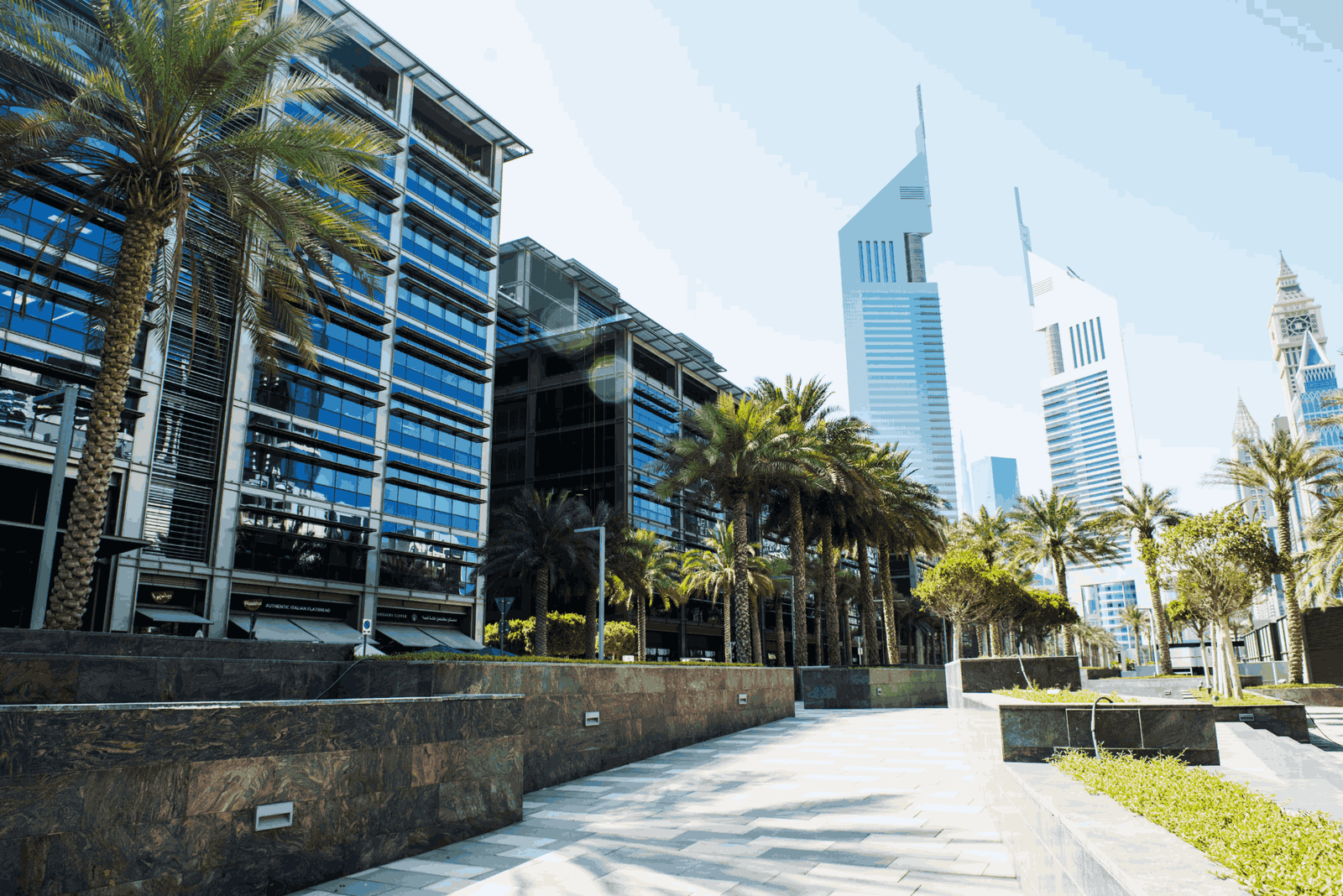Purchasing property in Dubai is a lucrative option for expats. There are no restrictions on foreign buyers, making the process relatively easy. It is advisable to visit presentation centres and show houses before buying.
It is also a good idea to consider the tenure of your stay in the country. This will help you calculate the potential value of your return on investment.
Freehold properties
The freehold property market in Dubai has become increasingly popular among foreign investors and buyers. The emirate offers many options for buying freehold apartments, villas and townhouses, and it has been expanding the number of areas where this type of property is available. These areas include Downtown Dubai, Dubai Marina, JBR, The Meadows and Emirates Living. The emirate also has several upcoming developments that are planned to be freehold.
The advantages of purchasing a freehold property in Dubai are numerous. Freehold ownership gives you complete control of your home and the land it sits on, which makes it easier to resell or rent. In addition, you can transfer ownership of the property to a family member or friend.
Moreover, freehold properties in Dubai have high rental returns. They are located in the most sought-after neighborhoods and feature state-of-the-art amenities. In addition, you can purchase them at a lower price than if you buy a leasehold property. So if you are an investor, freehold is the best property to buy in Dubai now and years to come.
Besides, freehold property in Dubai is ideal for families as it is close to schools and other amenities. Some of the most popular freehold communities in Dubai include The Meadows, Emirates Hills, The Lakes and The Springs. These areas are considered to be safe for expats. They are close to the city center, providing easy access to shopping, dining and other attractions. In addition, they have excellent schools and are surrounded by greenery.
Leasehold properties
In Dubai, expatriates can acquire properties either as freehold or leasehold. Freehold ownership gives you the right to own a property for life, while leasehold ownership only grants you rights to occupy a property for a specific period of time. This means that you only own the house or villa, but not the land it is situated on. Moreover, you must pay for all repairs to the structure. Besides, you must obtain permission from the freeholder in case of any additions, remodelling, and alterations to the property. In contrast, leasehold ownership allows you to buy a property without any restrictions and offers a wider selection of properties.
Until 2002, foreigners were not allowed to purchase homes in Dubai, but since then, the emirate has opened its residential market to overseas buyers. Now, foreigners can purchase apartments and villas in designated freehold or leasehold areas. However, they can only buy freehold or leasehold property in the areas where the government has authorised them to do so.
Freehold properties in Dubai are a popular choice for investors because they offer higher return-on-investment potential and full ownership of the property. They can also be easily resold or rented for additional income. Moreover, freehold properties can be passed on to heirs after the owner’s death. Hence, they are an attractive investment option for families and individuals looking to live in the UAE.
Mortgages
Mortgages are an essential part of a property purchase. They allow you to buy a home without paying the full price upfront, and repay the loan with interest over time. In Dubai, there are a number of banks that offer mortgages to expats, and the process is relatively simple. Applicants can often get an agreement in principle, which means the bank will approve their application before they find a property. This can help them avoid the stress of finding a home that is outside their budget.
Mortgage approval is based on proof of income, and you may need to provide pay stubs, bank statements, and tax returns. Non-residents may be asked to make a larger down payment than residents, as lenders view them as a higher risk. It is also advisable to check your credit history and repair any errors before applying. If you have no credit, you can still build up a history by taking out and paying off a credit card each month.
There is a growing demand for properties in Dubai, with new construction continuing apace. Purchasing property on a mortgage is a popular option, especially as rents increase across the country. In 2022, sales transactions outpaced rental turnover by a wide margin, and the market is tipped to continue to thrive.
Land ownership
Dubai is one of the world’s most popular destinations for expats and investors. In recent years, changes to property ownership rules have made it easier for foreigners to invest in the city’s real estate market. However, it’s important to understand the laws and regulations surrounding this investment before committing to buy any property.
Purchasing a freehold property is often considered the best option for buyers. This type of property can be sold, rented or passed on to future generations. It is also free from transfer taxes and other fees. However, the price of a freehold property can be high. It is also important to consider the cost of maintenance and other expenses.
Another option is to purchase a leasehold property. This type of property is typically less expensive than a freehold property, but the buyer only owns the building and not the land it is built on. In some cases, developers will offer a shared ownership structure, where the investor owns a percentage of the property. For example, Azizi Developments sells fractional titles for many of its houses.
If you are thinking of buying a property in Dubai, it’s essential to find out the exact location where you want to live. Investing in an area that is growing and has a good rental market will increase your chances of getting a return on your investment.





